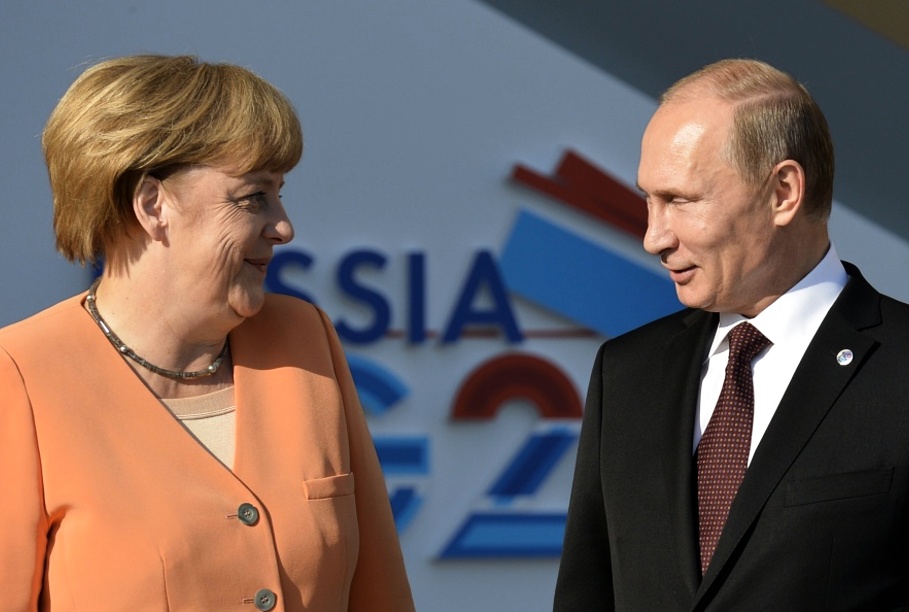“Today the political power of the Baltic and the guarantee against Russian aggression is membership in the EU and NATO. Therefore we believe that our states by Europe’s eastern borders must have a greater permanent presence of NATO forces. In many regards, this could be the decisive decision for the future of the Baltic states,” they write.
The letter comes amidst recent statements by the German government leader that she believes NATO should step back from any plans to open new bases in allied Eastern European states to avoid antagonizing Russian president Vladimir Putin.
The cultural figures stress that Merkel’s support would “vouch that no traitorous new-generation Molotov-Ribbentrop Pact could ever be repeated in Europe.”
“You who have lived under the totalitarian Soviet ideology and the criminally repressive STASI-controlled German Democratic Republic, you who have experienced the fall of the Berlin Wall and the painful problems that Germans had to overcome as they reunited during the 1990’s, should well understand the above statement.”
The letter goes on to stress the long-standing information war ongoing in the Baltics.
“The enormous resources being invested in this information war are not without ulterior motives. All three of our states’ political elites have acknowledged the threat to Baltic security, drawing parallels with the incorporation of Austria into the Third Reich in 1938, as well as 1939, when two totalitarian powers agreed on the division of Europe,” the letter states.
The members of Latvia’s creative elite argue that “morality, including political morality, cannot be estimated in terms of money, and financial concerns must never supersede the security of European states. The rewriting of history and redrawing of borders is not acceptable, not in Crimea, Ukraine, nor the rest of Europe.”
The letter was signed by eminent literary figures including Liana Langa, Mara Zalite, Janis Rokpelnis, Nora Ikstena, Edvins Raups and others, as well as composer Peteris Vasks, film director Dzintra Geka, sociologist Dagmara Beitnere and historians Ritvars Jansons, Martins Mintaurs and Rudite Kalpina.





























